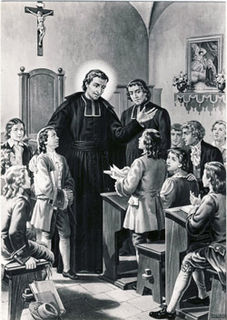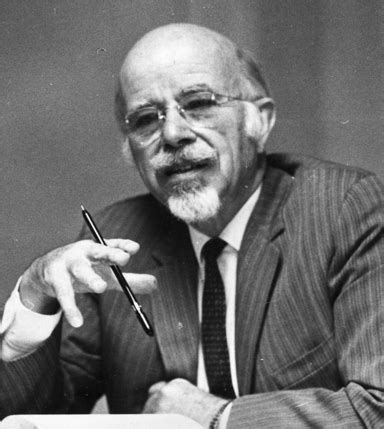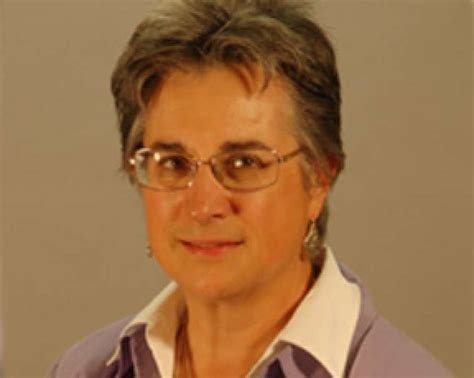A Quote by Saint Augustine
No one can have God as his father who does not have the Church as his mother.
Related Quotes
As in the natural life a child must have a father and a mother, so in the supernatural life of grace a true child of the Church must have God for his Father and Mary for his mother. If he prides himself on having God for his Father but does not give to Mary the tender affection of a true child, he is an impostor and his father is the devil.
The psychoanalysis of individual human beings, however, teaches us with quite special insistence that the god of each of them is formed in the likeness of his father, that his personal relation to God depends on his relation to his father in the flesh and oscillates and changes along with that relation, and that at bottom God is nothing other than an exalted father.
It is God's earth out of which man is taken. From it he has his body. His body belongs to his essential being. Man's body is not his prison, his shell his exterior, but man himself. Man does not "have" a body; he does not "have" a soul; rather he "is" body and soul. Man in the beginning is really his body. He is one. He is his body, as Christ is completely his body, as the Church is the body of Christ
The adoration of Jesus in the Most Blessed Sacrament is the end of the Church Militant, just as adoration of God in His glory is the end of the Church Triumphant. A holy rivalry, a concert of prayer, a harmony of divine service should exist between the heavenly court and the Eucharistic court here below, between the adorer and his mother the Church.
'Go to My brethren, and say unto them, I ascend unto My Father, and your Father, and to My God, and your God' (Jn. 20:!7). He is our Father by grace through the Spirit of adoption (Rom. 8:15), but His Father by nature on account of His divinity. Similarly, He is our God as the creator of our human nature, but His God by reason of the dispensation whereby He became man. He made these distinctions so that we might understand the difference.
You may be surprised to learn that, in our law, although the fetus is currently without the right to life, it does have some rights. For instance, under civil law, the unborn child has the right to inherit part of his father's estate should his father die before he is born, and he has the right to sue his Mother, or a doctor, for injuiries sustained while in the womb.








































